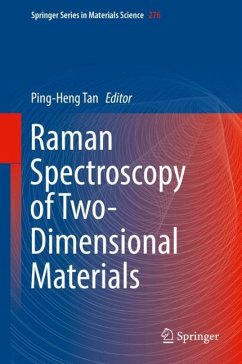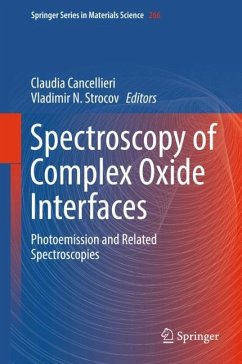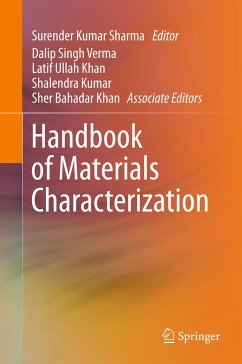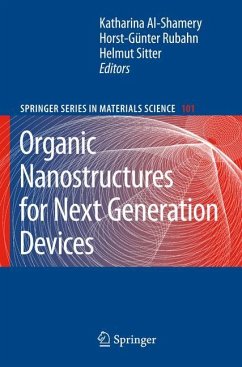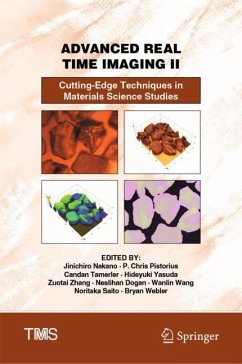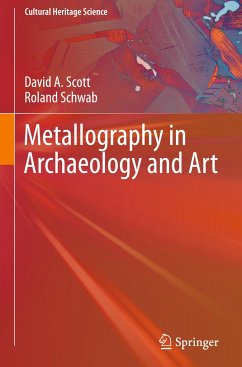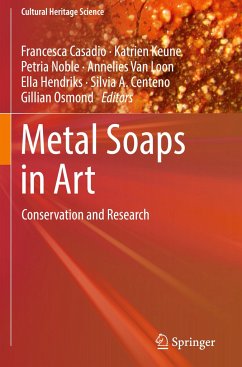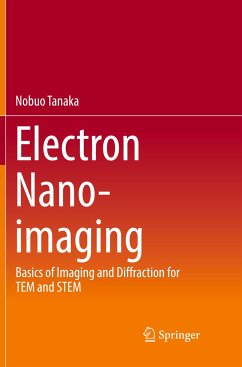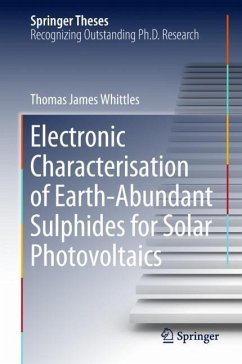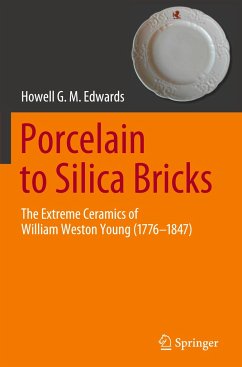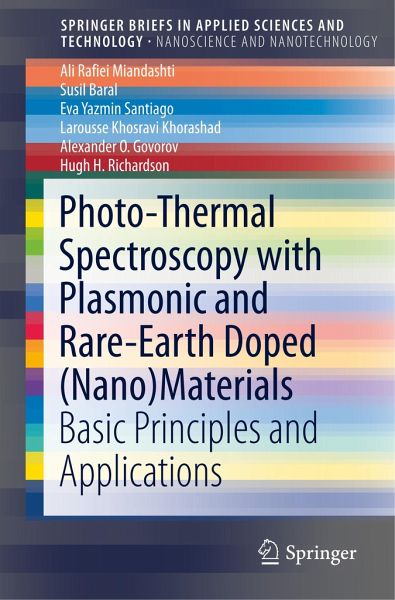
Photo-Thermal Spectroscopy with Plasmonic and Rare-Earth Doped (Nano)Materials
Basic Principles and Applications

PAYBACK Punkte
19 °P sammeln!
This book highlights the theoretical foundations of and experimental techniques in photothermal heating and applications involving nanoscale heat generation using gold nanostructures embedded in various media. The experimental techniques presented involve a combination of nanothermometers doped with rare-earth atoms, plasmonic heaters and near-field microscopy. The theoretical foundations are based on the Maxwell's and heat diffusion equations. In particular, the working principle and application of AlGaN:Er3+ film, Er2O3 nanoparticles and beta-NaYF4:Yb3+,Er3+ nanocrystals for nanothermometry ...
This book highlights the theoretical foundations of and experimental techniques in photothermal heating and applications involving nanoscale heat generation using gold nanostructures embedded in various media. The experimental techniques presented involve a combination of nanothermometers doped with rare-earth atoms, plasmonic heaters and near-field microscopy. The theoretical foundations are based on the Maxwell's and heat diffusion equations. In particular, the working principle and application of AlGaN:Er3+ film, Er2O3 nanoparticles and beta-NaYF4:Yb3+,Er3+ nanocrystals for nanothermometry based on Er3+ emission are discussed. The relationship between superheated liquid and bubble formation for optically excited nanostructures and the effects of the surrounding medium and solution properties on light absorption and scattering are presented. The application of Er2O3 and beta-NaYF4:Yb3+,Er3+ nanocrystals to study the temperature of optically heated gold nanoparticles is alsopresented. In closing, the book presents a new thermal imaging technique combining near-field microscopy and Er3+ photoluminescence spectroscopy to monitor the photothermal heating and steady-state sub-diffraction local temperature of optically excited gold nanostructures.



